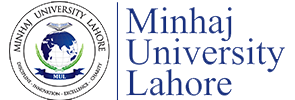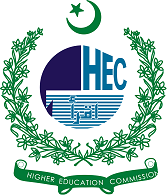چین کے اردو سفر ناموں میں چینی تہذیب و ثقافت
Chinese Civilization and Culture in Urdu Travelogues of China
DOI:
https://doi.org/10.58932/MULC0031Keywords:
Urdu Travelogues (اردو سفر نامے), Chinese Civilization ( چینی تہذیب), Cultural Exchange (ثقافتی تبادلہ), Pak-China Relations (پاک چین تعلقات), Socioeconomic Transformation (سماجی اقتصادی تبدیلی)Abstract
This research paper explores the representation of Chinese civilization and culture in Urdu travelogues written during the 20th century. These travel narratives, authored by prominent Pakistani scholars, writers, journalists, and poets, reflect the experiences of individuals who visited China under various delegations or personal ventures. The study categorizes these travelogues into three groups: official delegations, invited guests, and independent travelers. A critical examination reveals that these works capture not only the geography and politics of modern China but also its deep-rooted traditions, societal values, religious diversity, and rapid transformation.Writers like Abdul Hameed Badauni, Abdul Quddus Hashmi, and Kausar Niazi documented early post-revolution China with a focus on religious minorities, particularly Muslims. Authors like Ibn-e-Insha, Aslam Kamal, and Amjad Islam Amjad brought a literary and observational richness that captured both urban and rural Chinese life, emphasizing simplicity, discipline, and collective national progress. Moreover, these travelogues highlight China's educational system, family structure, agricultural discipline, and gender equality, along with its historical heritage and technological innovations.A common theme across these travelogues is admiration for Chinese dedication to cultural preservation and socioeconomic development. The paper also identifies the limitations faced by the authors, especially in accessing rural life, due to time constraints and official itineraries. Despite these, several travel writers successfully portrayed the contrast and harmony between traditional and modern China.Ultimately, these Urdu travelogues serve not only as cultural documentation but also as literary bridges between Pakistan and China, deepening mutual understanding and respect. The research concludes that 20th-century Urdu travel literature on China significantly contributes to cross-cultural knowledge and showcases China as a land of ancient wisdom and modern dynamism through the eyes of Urdu-speaking travelers.







